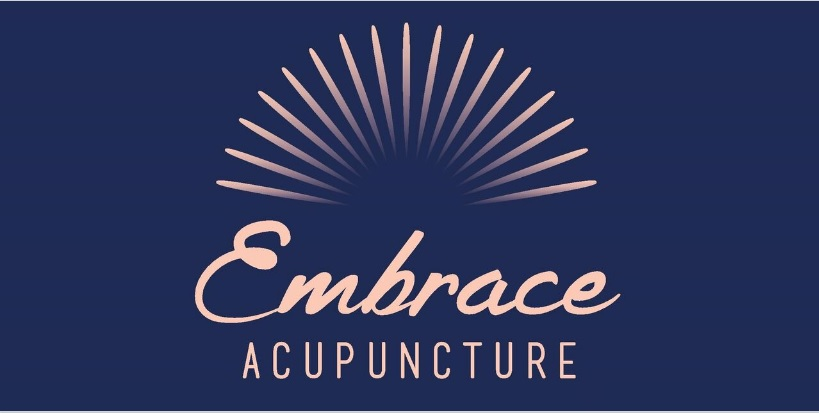Women's Health Research
A note on Chinese Medicine research -
Chinese Medicine (usually Acupuncture and herbs) has been used for thousands of years to assist women with their health, from puberty to pregnancy to menopause and beyond. It is an amazing system of medicine that has spread across the globe and helped millions of people. While Chinese Medicine isn't the answer for all people for all conditions, a growing body of research is confirming the efficacy of Chinese Medicine! It isn't always smooth sailing though.
Obtaining large volumes of Acupuncture and Herbal Medicine high-quality data can be tricky for three reasons:
- Chinese Medicine individualises its treatments according to the patients presenting symptoms. The beauty of it is that you’re receiving personalised care. This doesnt fit very well into a scientific trial where everything needs to be standardised in order to ‘prove’ that something works.
- Its hard to rule out the placebo effect. Excellent studies have a group comparing the treatment to a ‘fake treatment’ to see which is better. Its hard to do ‘fake Acupuncture’. Given theres more than 300 Acupuncture points on the body, even when researchers choose an Acupuncture point away from the other Acupuncture points, it may be very close to another point thats having a positive effect on the body, which confuses results.
While its very important to prove that Acupuncture works better than doing nothing, better than the standard of care treatments AND better than placebo, its important to know that placebo effects play a role in any kind of medicine/trial and is often hard to rule out. Eg feeling better after seeing a doctor or taking a tablet. - While there is some excellent research coming out across the globe from universities and other institutions, big research projects cost lots of money and that kind of funding isnt always easily accessible for Chinese Medicine research.
Some useful jargon to know:
The most conclusive form of research available is a Systematic Review. This reviews many Randomized Control Trials (RCT’s – subjects don't know which treatment they are getting) and takes into consideration how good the methodology of the studies are. A systematic review may say there isn't much proof if some studies aren't well conducted, don't contain a big enough sample size or if some study results contradict other study results - so finding systematic reviews 'proving' a finding can be challenging in all fields of science and there may well be positive evidence but just not enough.
Acupuncture for period pain -
In the scientific world, period pain is called Primary Dysmenorrhea and it is when it occurs for no known reason. Endometriosis and Adenomyosis are considered separate diagnosis with different underlying mechanisms and haven't been included in this research. You can read more on the causes of period pain and ways to reduce & prevent it here.
Despite Chinese Medicine working to alleviate period pain for approx 2000 years, the current evidence is positive but unfortunately many studies’ methodology and reporting have been of poor quality.
Two systematic reviews of RCT’s have shown a benefit for using Acupuncture to treat period pain and one systematic review found Acupuncture to be a cost-effective treatment for Dysmenorrhoea.
In 2014, Xu et al acknowledged more high quality studies need to be done but from the current data found “Moxibustion and acupoint therapy can relieve pain effectively for individuals with PD, and these treatments have advantages in overall efficiency”
In 2015, Abaraogu et al concluded “Acupressure showed evidence of pain relief while acupuncture improved both the mental and the physical components of quality of life” but acknowledged that more high quality of research was needed.
Of course, allowing for different health systems across the globe but overall Kim et al found that “this review demonstrates the cost-effectiveness of acupuncture” including for Dysmenorrhea in 2012.
Though a small sized trial, an Australian 2017 RCT by Armour et al found "Acupuncture treatment reduced menstrual pain intensity and duration after three months of treatment and this was sustained for up to one year after trial entry".
However, due to the large volume of low-quality studies, the 2016 Cochrane review found there was “insufficient evidence” to make a judgement.
Every woman is different, if you would like to find out how we would address your unique situation, please contact us directly.
